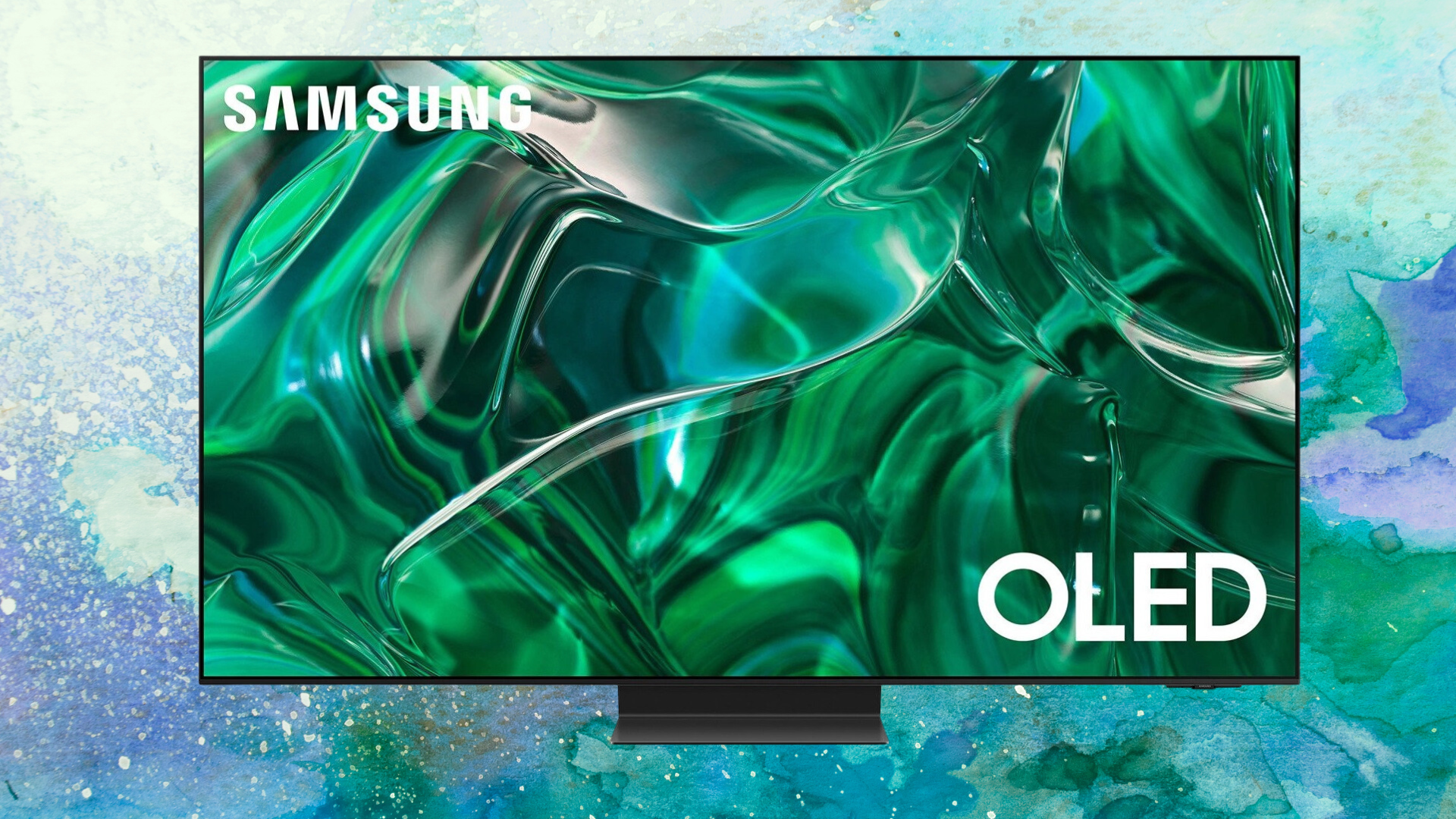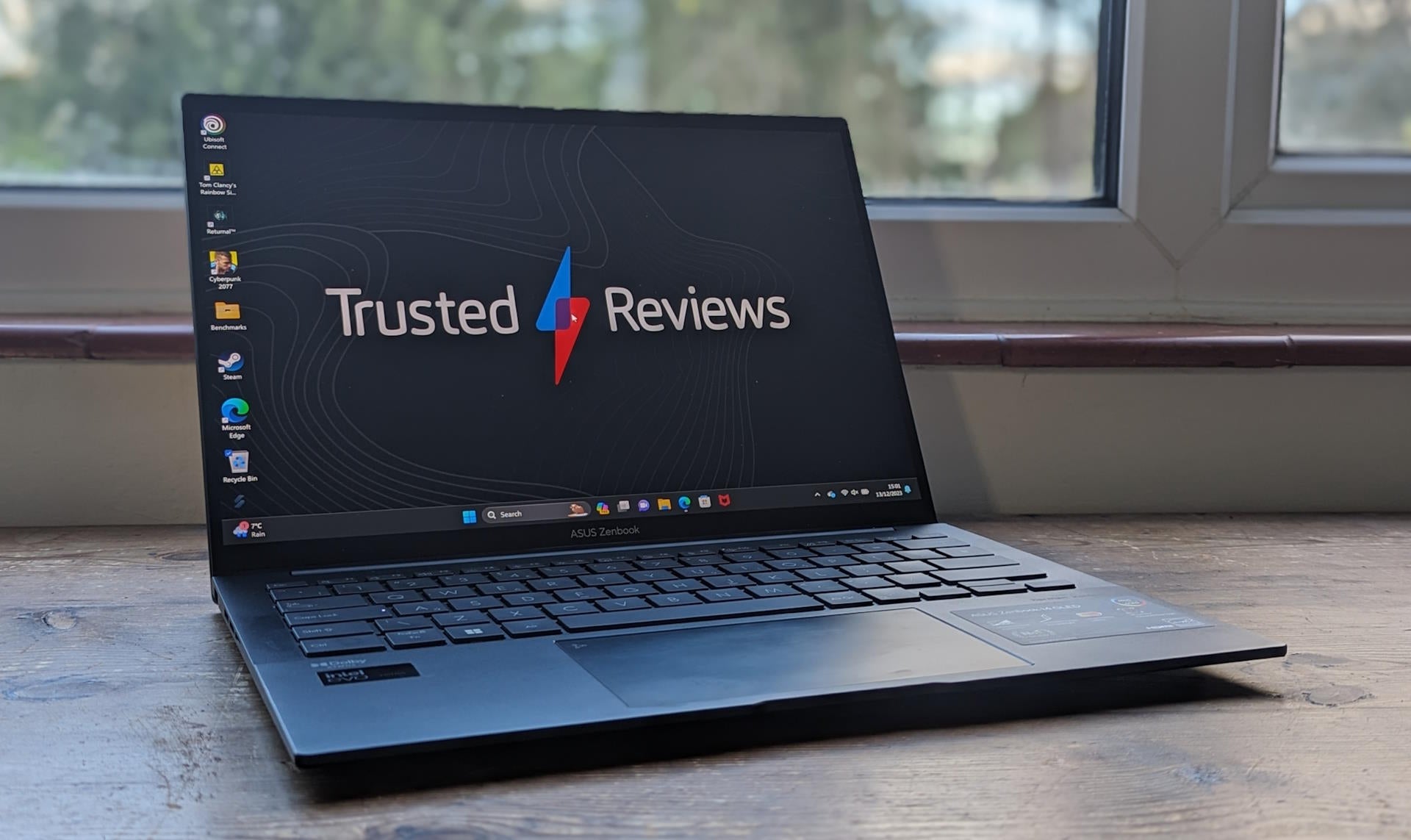Winners and Losers: The Xbox app lands on Samsung TVs as Apple’s MacBook Pro M2’s SSD stumbles
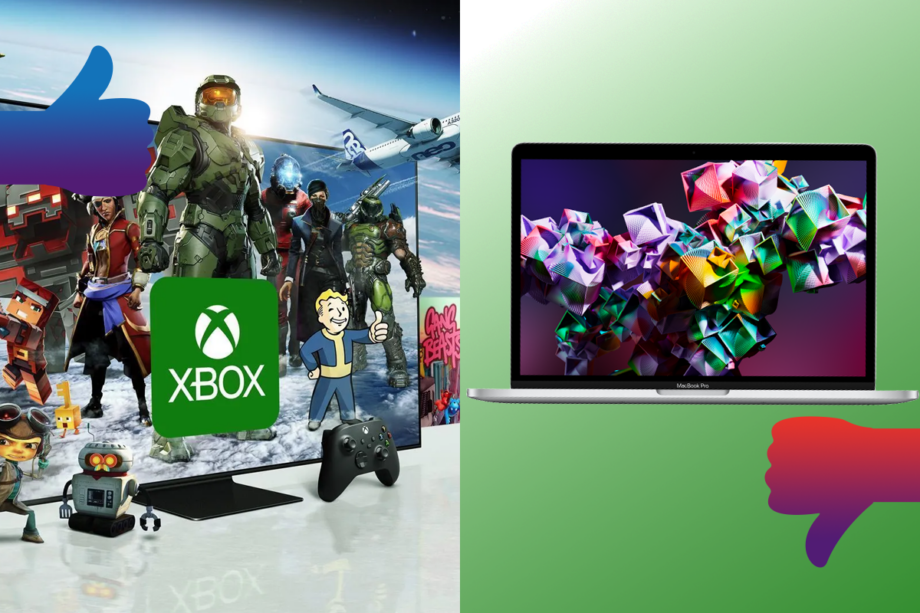
It’s the weekend, meaning its time for another edition of Trusted Reviews’ Winners and Losers. Read on to discover the best announcement from this week, along with the news we were less excited to hear.
This past week saw Hisense launch its latest range of 4K TVs and Huawei unveil a whole slew of products, including the MateBook D 16, the MateBook 16s and the new FreeBuds Pro 2.
Meanwhile, Snapchat announced its own subscription service and Motorola teased a new flagship phone with three photographer-friendly camera focal lengths.
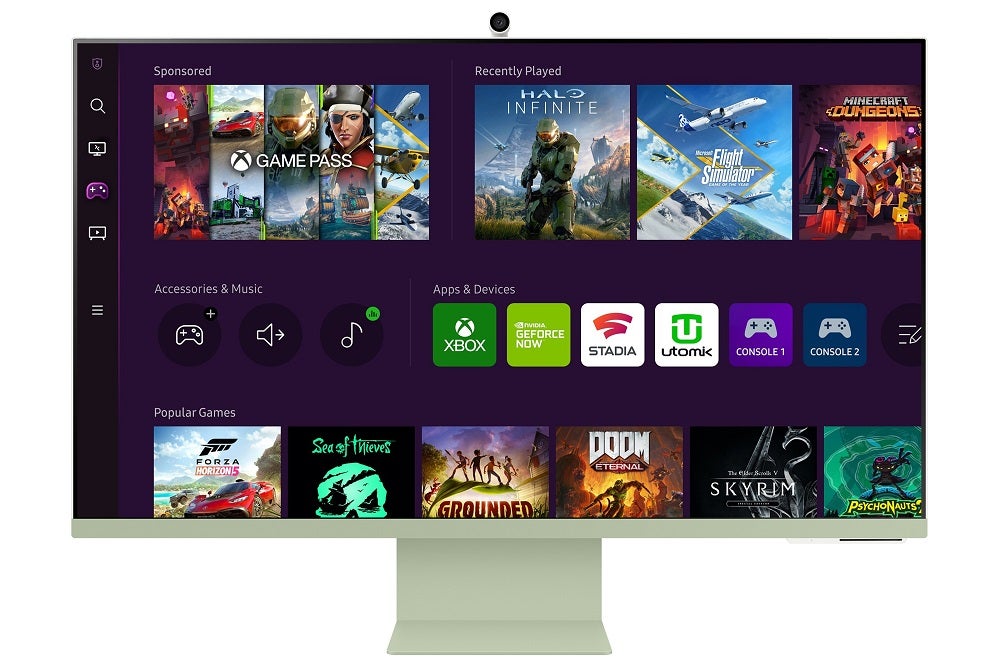
Winner: Samsung
This week’s winner is Samsung after the brand launched its new Gaming Hub smart TV platform, with the obvious highlight being the Xbox app.
The Gaming Hub makes it possible for gamers to access a wide range of titles on their TVs without the need for a separate PC or console. There’s also no need to download games as everything is based on the cloud.
The list of Xbox games is already extensive as it includes all the Game Pass titles in the Xbox Cloud Gaming library.
Along with Xbox, the Gaming Hub includes content from Google Stadia, Nvidia GeForce NOW, Utomik and (soon) Amazon Luna, so there’s plenty to get stuck into.
Gamers can also watch other players stream with the Twitch and YouTube apps, or listen to music as they complete games with Spotify available on the platform, too.
All you need to get started is a Bluetooth controller and a 2022 Samsung TV, which admittedly isn’t the cheapest option on the market. The Neo QLED 8K, the Neo QLED 4K and the 2022 Smart Monitor Series are among the displays supported and none would be considered entry-level TVs.
However, Samsung’s 2022 TVs take advantage of AI upscaling for sharp and colour-accurate 4K and 8K resolutions. Samsung also claims to have reduced input lag by more than 30 percent compared to previous models, making this an exciting proposition for fans of cloud gaming.
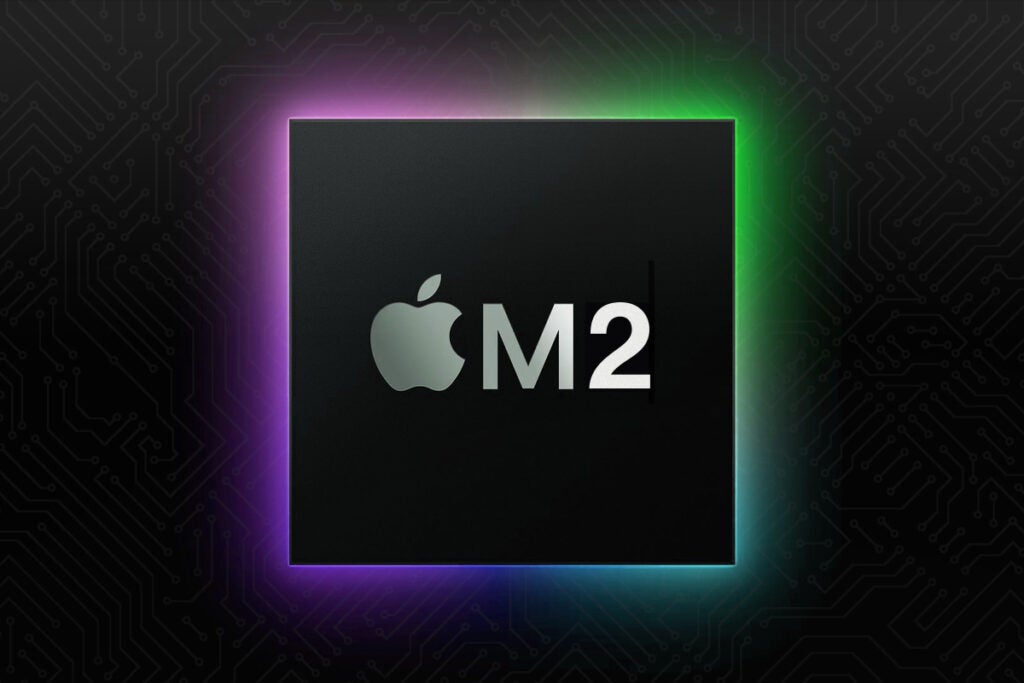
Loser: Apple
Our loser this week is Apple after YouTubers Max Tech and Created Tech uncovered some disappointing results when testing the new MacBook Pro M2.
Despite the M2 chip being an upgrade on the M1 in many respects, it seems the 256GB SSD in the cheapest M2-powered Pro is only half as fast that in the M1 model.
According to the YouTubers, the read speed is 50% slower than the SSD in the Pro M1, while the write speed is 30% slower.
It seems the reason for this is the NAND flash configuration in the laptop’s SSD. The Pro M1 came with two 128GB NAND flash chips, which Apple swapped out for a single 256GB chip in the Pro M2. Unfortunately, this seems to have slowed its SSD performance down.
Thankfully, only the base model of the Pro M2 seems to be affected so far and there are still plenty of reasons to pick up an M2-powered laptop over an M1 MacBook. For example, Apple claims the M2 can deliver 18% faster CPU speeds than the M1, while the GPU is slated to be a whopping 35% faster, giving it a boost when it comes to gaming and video editing.
Nevertheless, its disappointing to hear the SSD performance may have been impacted in the new model.


